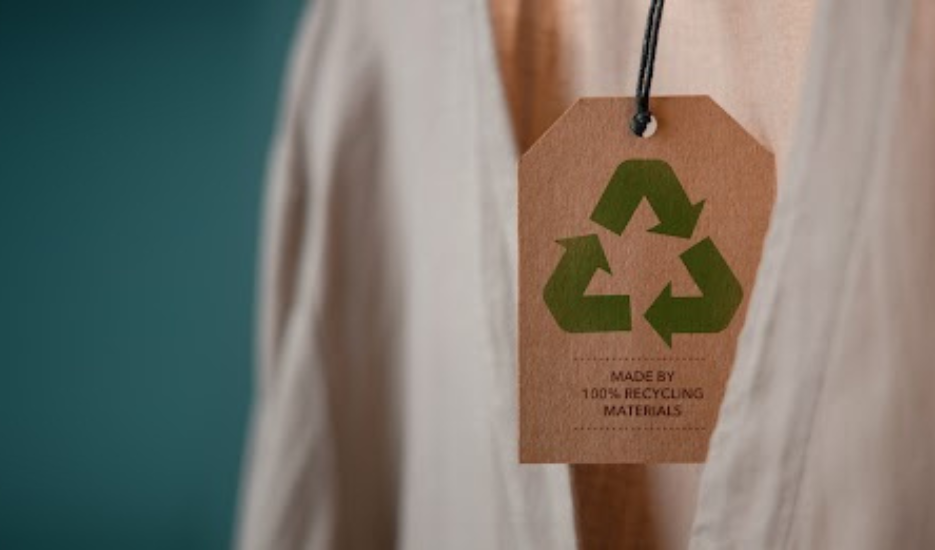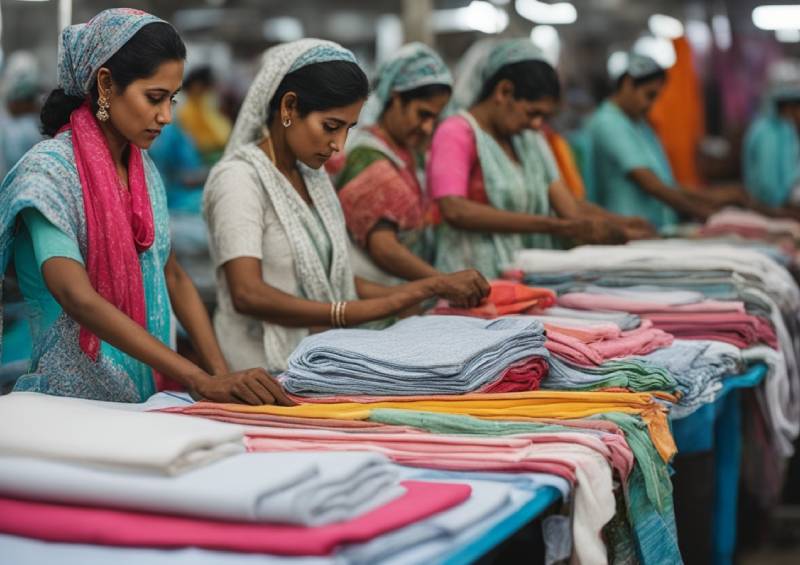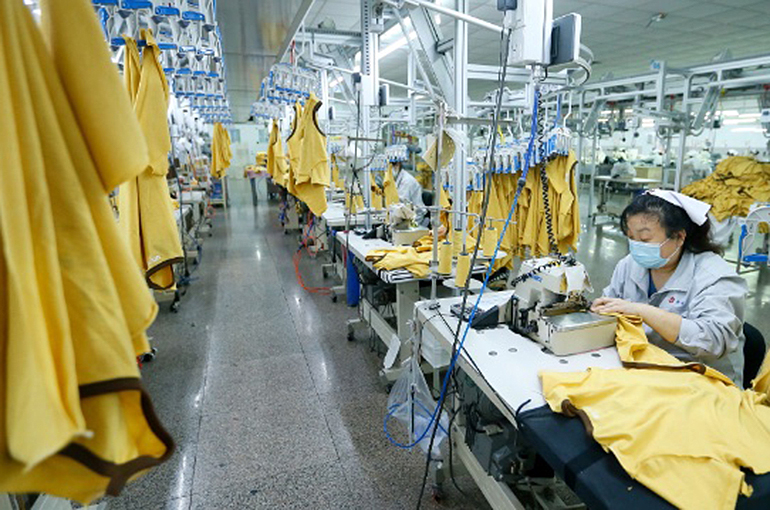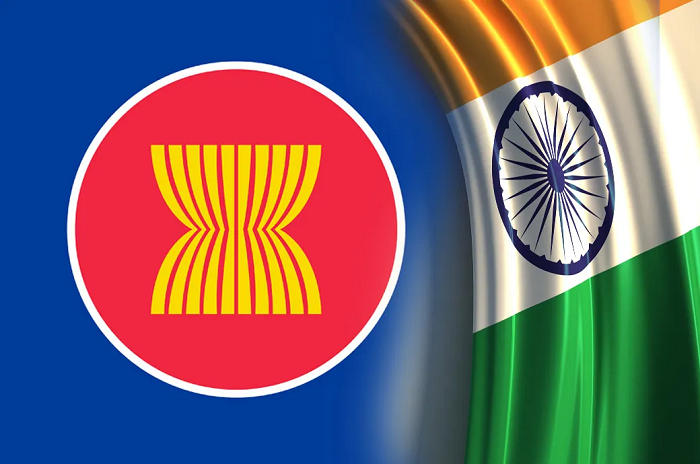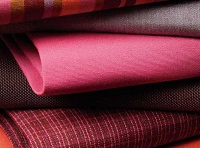 The European Commission will soon introduce a new legislation to make it easy for textile manufacturers in the region to work with nearshore partners. The legislation will help textile businesses in the EU and pan-Euro-Med countries. It would enable EU textiles firms to make their fabric in Italy and send it to their Mediterranean partners for dyeing, thus avoiding the payment of trade duty on the finished product. The rollout of these new rules is subject to the approval of ministers from EU member states in coming months.
The European Commission will soon introduce a new legislation to make it easy for textile manufacturers in the region to work with nearshore partners. The legislation will help textile businesses in the EU and pan-Euro-Med countries. It would enable EU textiles firms to make their fabric in Italy and send it to their Mediterranean partners for dyeing, thus avoiding the payment of trade duty on the finished product. The rollout of these new rules is subject to the approval of ministers from EU member states in coming months.
A green signal from the European Commission
Textile manufacturers had been urging for these rules for the last decade. However, objections by Tunisian and Moroccan governments had stalled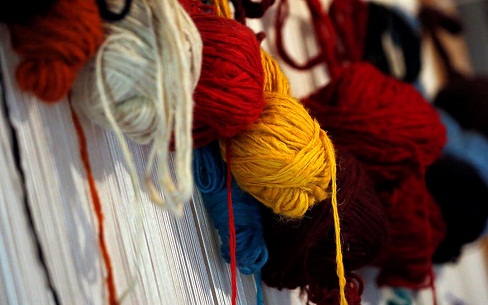 negotiations. The European Commission has now directed countries agreeing to the new rules to go forward and implement them. The Commission also recommends amendment of trade agreement by EU with 20 out of 24 fellow partners in the pan-Euro-Med (PEM) trade zone. The zone includes Balkan countries and countries in the Mediterranean region such as Algeria, Egypt, Israel, Lebanon, Morocco, Tunisia and Turkey.
negotiations. The European Commission has now directed countries agreeing to the new rules to go forward and implement them. The Commission also recommends amendment of trade agreement by EU with 20 out of 24 fellow partners in the pan-Euro-Med (PEM) trade zone. The zone includes Balkan countries and countries in the Mediterranean region such as Algeria, Egypt, Israel, Lebanon, Morocco, Tunisia and Turkey.
Thumbs down from British textile firms
British textile firms have refused to conform to these rules as they believe rules incentivize European fashion firms to shift out of Asian countries such as Bangladesh and China. Paul Tostevin, Director-World Research, Savills, opines, these rules benefit like Ukraine, Serbia and Turkey more. The rules aim to further develop the Euro-Med region, says Dirk Vantyghem, Director General, Euratex, the umbrella body representing textile manufacturers in Europe. They confirm to manufacturers’ urgency of moving production closer to the market
Facilitate textile production
The new rules also enable production processes to qualify textile products for preferential trade treatment. They allow manufacturers to split production across more than two countries within the zone and still qualify for preferential treatment even if the initial product comes from outside the zone. In recent years, nearshoring has benefitted many fashion firms such as Boohoo and Inditex. As Ross Denton, Senior Counsel, Baker McKenzie says the rules make the PEM zone a more attractive place to integrated supply chains. However, Denton is skeptical about this concept as some firms have built highly optimized supply chains across the global as it helps them solve labor and taxation issues: The new rules are not applicable in UK as the country plans to develop its own bilateral deals with trade partners since it has already exited the European Union, adds Adam Mansell, CEO UK Fashion & Textile Association.


